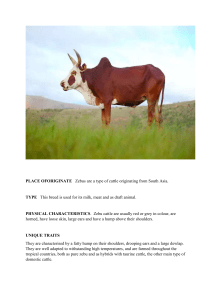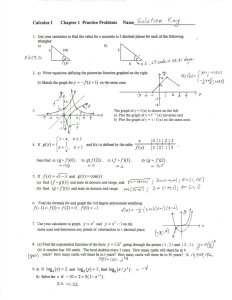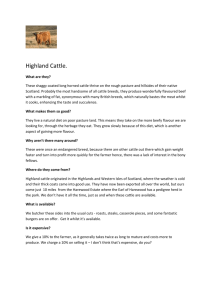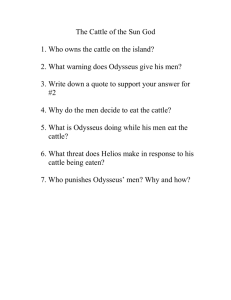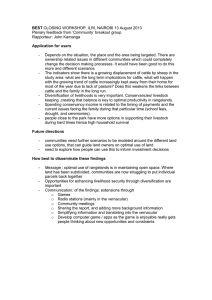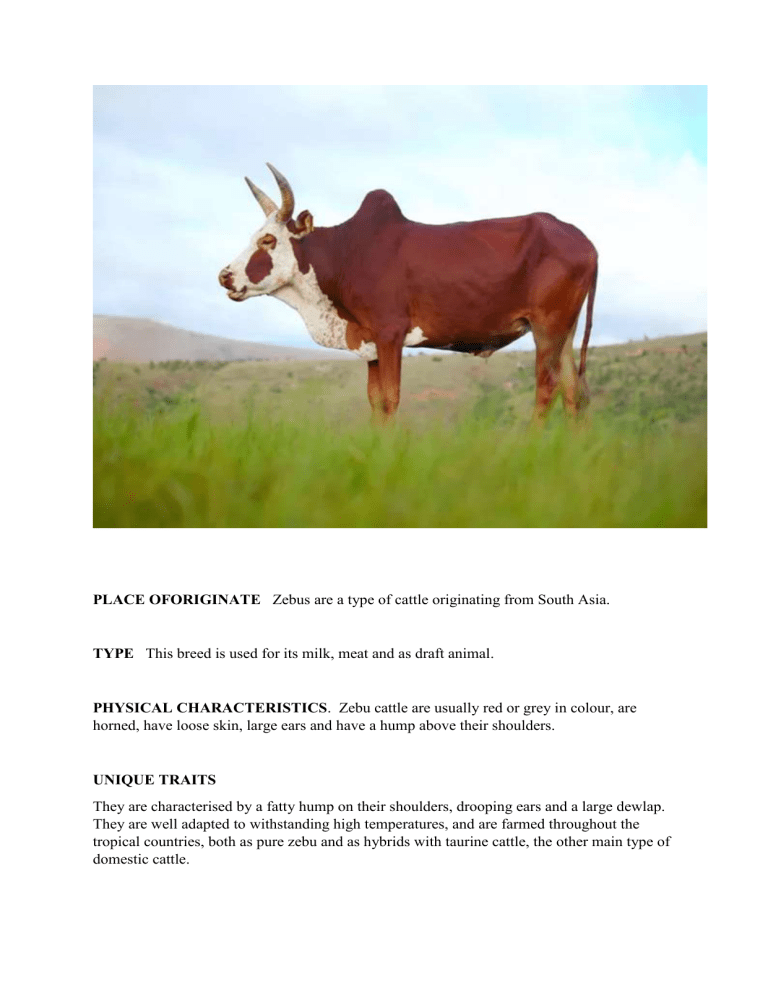
PLACE OFORIGINATE Zebus are a type of cattle originating from South Asia. TYPE This breed is used for its milk, meat and as draft animal. PHYSICAL CHARACTERISTICS. Zebu cattle are usually red or grey in colour, are horned, have loose skin, large ears and have a hump above their shoulders. UNIQUE TRAITS They are characterised by a fatty hump on their shoulders, drooping ears and a large dewlap. They are well adapted to withstanding high temperatures, and are farmed throughout the tropical countries, both as pure zebu and as hybrids with taurine cattle, the other main type of domestic cattle. ENVIRONMENT Zebu cattle are uniquely suited to hot climates due to coat, hide, skin and hematological attributes. Form, growth and physiological aspects are unique genetic attributes which are different from those of Bos taurus cattle. PLACE OF ORIGINATE. breeds. The Dexter cow, originally from Ireland, is one of those TYPE. Dexter cows raised for dairy provide one to two gallons of milk per day (as opposed to eight to 10 gallons from a typical Holstein dairy cow). If you're raising one for meat, you would get about 400 pounds of meat (compared to twice that from an average-sized stee PHYSICAL CHARATERISTICS Body. Cattle tend to be stocky with long, rectangular bodies. ... Weight. Weight and height vary greatly between domestic cattle breeds. ... Color. Color varies widely among breeds. ... Vision and Hearing. Cattle are prey species. ... Digestive. Herbivores, cattle feed primarily on grass and stems. UNIQUE TRAITS The Canadian Dexter Cattle Association says the breed is "known for its hardiness, docility, thriftiness and calving ease. ENVIRONMENT In recent years there has been a worldwide surge of interest in Dexter cattle. These gentle, hardy and easy to handle animals are one of the world's smallest bovines. They require less pasture and feed than other breeds. They thrive in hot as well as cold climates and do well outdoors year round, needing only a windbreak, shelter and fresh water. Fertility is high and calves are dropped in the field without difficulty. They are dual purpose, being raised for both milk and meat.
